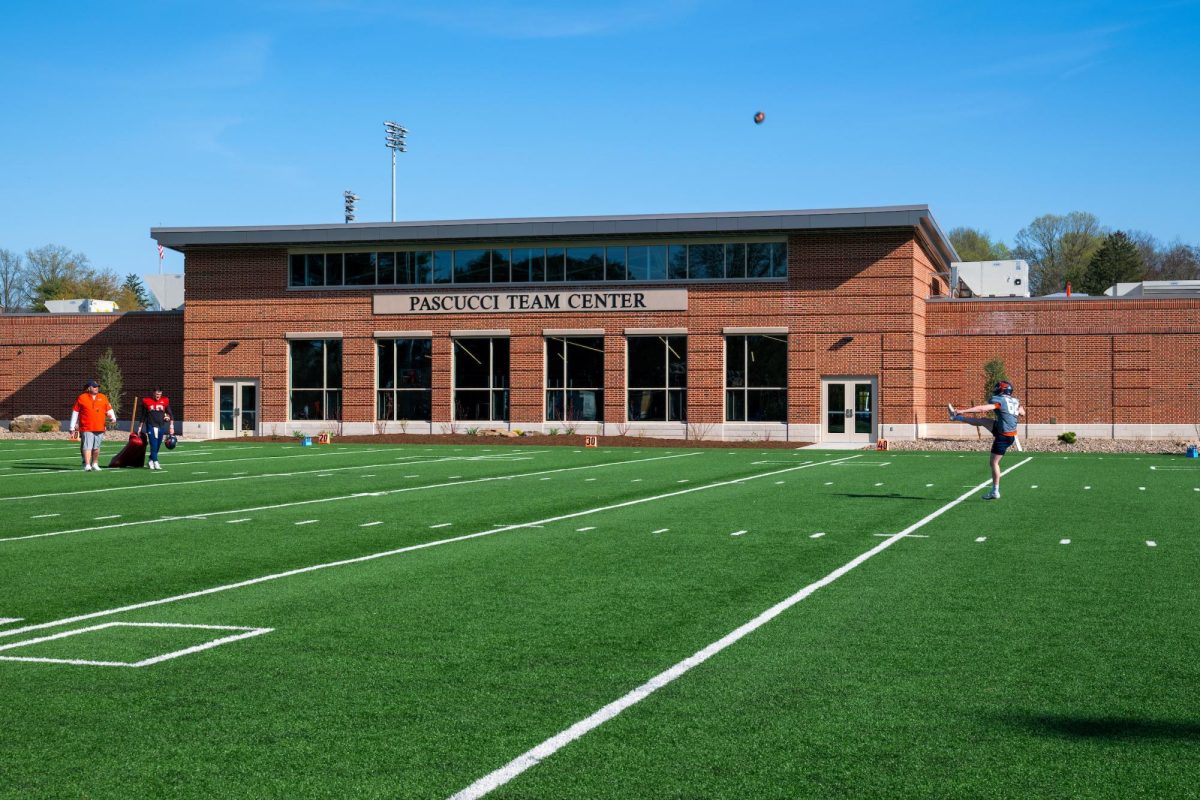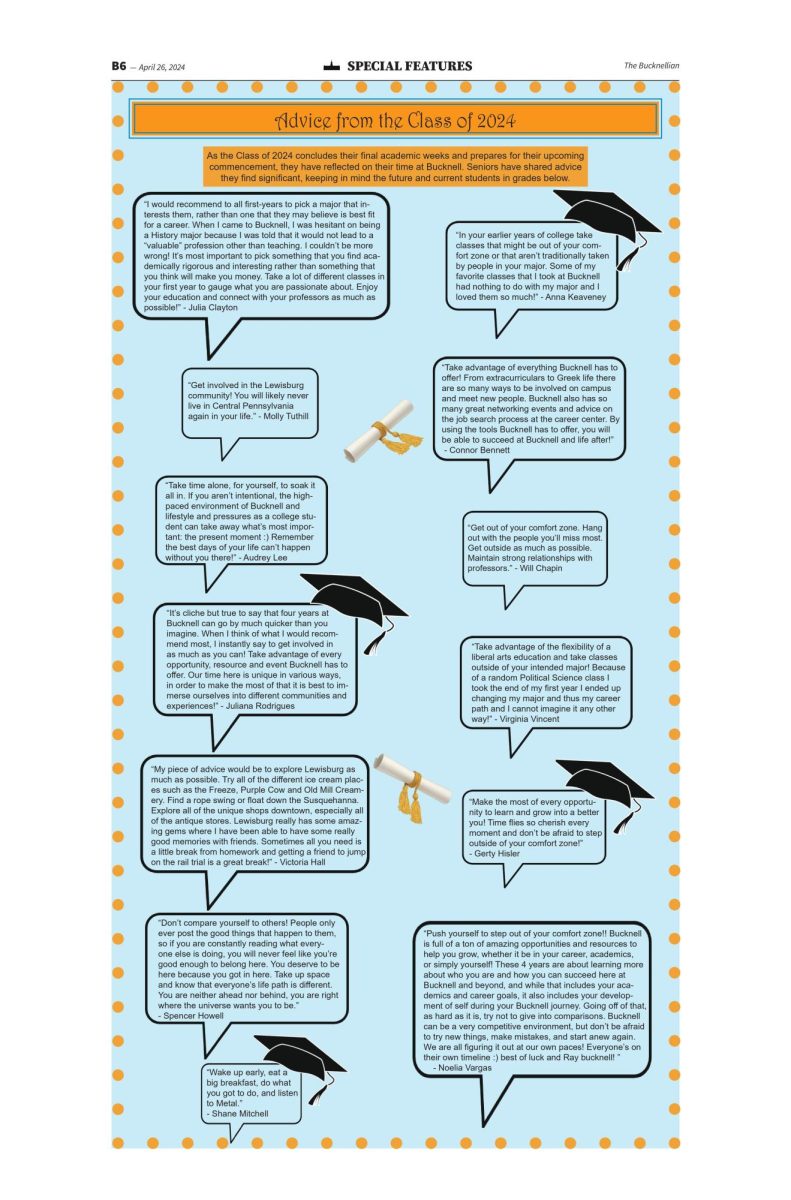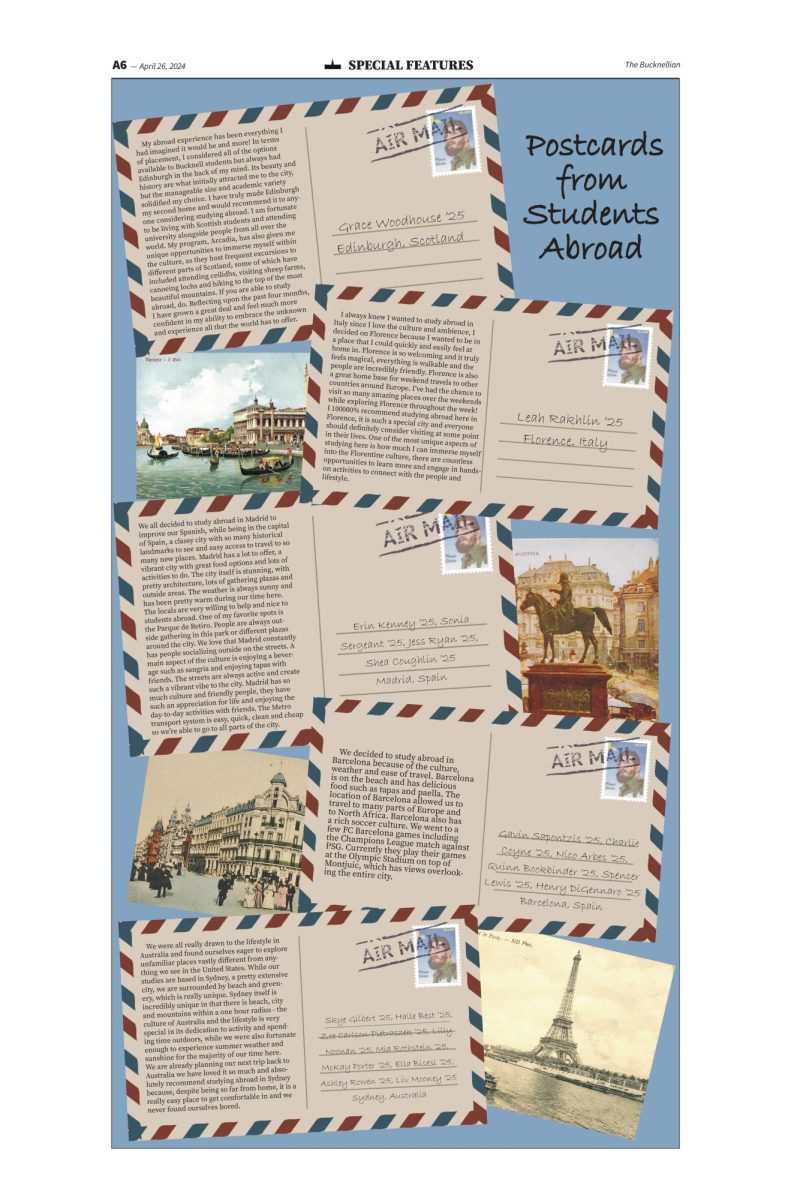Putin’s diplomacy proves uniquely challenging
April 1, 2022
Russia’s invasion of Ukraine continues to escalate as Russian troops take over many key cities across the country. According to the Council on Foreign Relations, “Russia’s assault on Ukraine could create as many as seven million refugees.” While the international community has responded by placing sanctions on Russian goods and blocking Russian exports, Russia’s military might pose a unique barrier to resolution and de-escalation. Ultimately, this conflict unveils a changing international landscape that requires diplomatic re-imagination.
As a permanent member of the United Nations Security Council, Russia has been able to use its veto power to block multinational cooperation intended to stop Russian aggression. For example, in late February, a resolution to condemn Russia’s invasion of Ukraine and mandate immediate removal of Russian troops from Ukrainian soil was largely supported, with 11 of the 15 Security Council members voting in favor of the measure. Russia blocked it with a simple veto.
While prominent leaders have attempted to negotiate with Russian ambassadors in an attempt to stave off Russian attacks, it is clear that their efforts have not been effective, as the region has now devolved into full-fledged war. Emmanuel Macron, president of France, has been one of the most active leaders when it comes to attempted peace negotiations. Macron recently discussed why he believes European leaders should be more diligent about their approaches to negotiation with Russia. The New York Times recalled his comments: “It is Europeans, not Americans, who ‘live beside Russia,’ and so ‘we need a defense policy and we need to define a security architecture for ourselves and not delegate that task.’” While Macron’s comments make sense in terms of geographical proximity, it is unclear if France’s and other European countries’ approaches to talks with the Kremlin are effective, necessitating intervention from the U.S. government.
Putin is a leader that turns traditional diplomatic approaches on their head. As a former KGB officer, he is extremely persuasive and knows how to get what he wants out of negotiations. When it comes to talks with Ukraine, Putin is taking a hardline stance. The possibility of Ukraine joining the EU or NATO is seen as a threat to Putin’s agenda, and right now, he is willing to do whatever it takes to prevent these two possibilities from becoming a reality.
I talked to Courtney Burns, Assistant Professor of Political Science, for input on the situation unfolding. Dr. Burns emphasized that the war in Ukraine is, in part, a means to an end in Putin’s eyes to reinstate the Soviet Union to its former glory. “Ultimately, I think Putin’s personality and vision for Russia are two unique barriers to diplomacy in this situation. And I think the most successful diplomatic strategy would be one where Putin will, in essence, save face internationally,” Burns said.
I asked Dr. Burns what approaches to diplomacy she would anticipate to be successful. She explained, “right now, there isn’t a lot of overlap in the demands on each side and neither really wants to be the first to budge. In particular, the issue of state sovereignty of Ukraine is a high salience issue. This means they are willing to fight a lot harder on this issue than if it was something with low salience. Where we might see diplomacy become easier is if the Russian military continues to struggle to defeat Ukrainian forces,” Dr. Burns said.
Ultimately, the war in Ukraine and failed peace negotiations reveal a limitation in the current approaches to diplomacy. Putin’s expansionary goals are incongruous with most leaders’ priorities, making it difficult for them to find common ground.






















